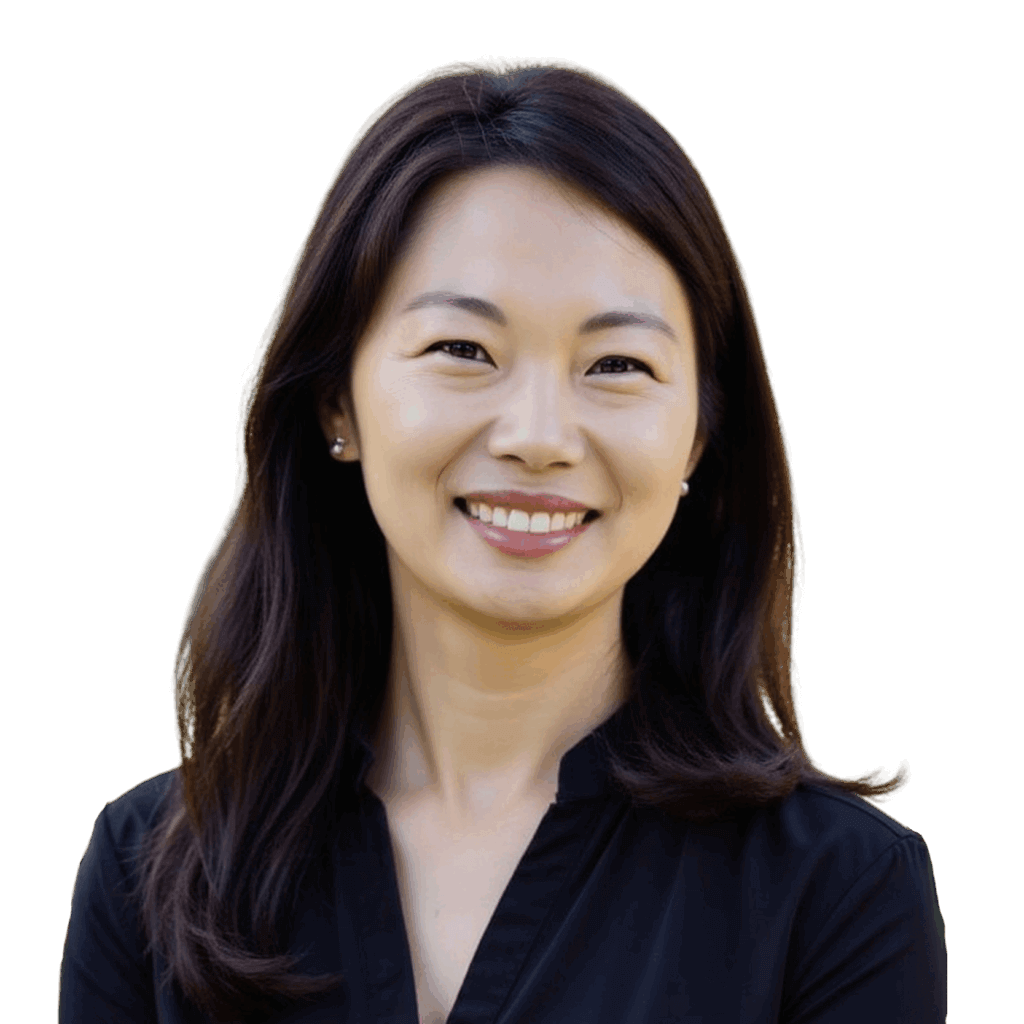Four years ago, when we launched our first bio fund, the idea that software would make an impact in drug discovery sounded like science fiction; the idea it could transform the patient experience in healthcare a fool’s errand. Fast forward to 2020, and it’s not just accepted but broadly embraced, igniting an explosion of new startups and big investments from established incumbents. Tech, biotech, and our healthcare system are merging — into what we call simply “bio”. And whether for pharma, hospitals, or investors, bio is now officially the hot new thing.
That’s where they’ve got it wrong. Bio is not the “next new thing” — it’s becoming everything. Software is now affecting not just how we do not just one thing — cloning DNA, or engineering genes — but how we do it all across the board, blurring lines, breaking down traditional silos, changing our processes and business models. In other words, technology today is enhancing all our existing tools and data, affecting every decision we make, from research to development to deployment — and how we access, pay for, and experience healthcare.
Bio is not the “next new thing” -- it’s becoming everything.And it’s not just software. What is technology really? It’s principles and process. It’s a shift to an engineering mindset for relentless iteration and constant improvement; modular components that can be remixed and reused, and improvements that accrue and compound over time. Tech gives us tools beyond just software — continuous data streams to describe our health, circuits to program cells, scalpels to edit DNA, and the ability to create programmable, living medicines. Our focus is not just on the groundbreaking outputs of this shift, from novel gene and cell therapies to digital therapeutics and virtual care models, but on the underlying approach and drivers that created those breakthroughs. This is why it doesn’t work to simply tack on AI, or just insert tech into an established company. In order to re-program entire systems and re-imagine new approaches to massive challenges, whether those are biological, or man-made, you need to rethink the process from the ground up.
We are now approaching a new ability to rethink bio’s biggest problems, from intractable diseases and massive inefficiencies or disparities in an overburdened healthcare system, to what we eat, what we wear, what we build, even how we heal our planet. And we will do this by using our most advanced technological tools, as well as the engineering principles that brought them to us.
This revolution is being driven by a new breed of founder who is multi-disciplinary and not scared to challenge the status quo or conventional wisdom. Whether they think of themselves as protein engineers or cell engineers, data scientists or software engineers, they are using technology and engineering processes to build products instead of chasing the lucky strike of discovery. They are creating the new generation of companies at the intersection of tech + biotech + healthcare that will attack the most audacious goals in healthcare: using AI to discover new drugs; using data to provide a real-world view into how patients are progressing through their healthcare journeys; programming our cells to fight disease; improving how we care for our sickest patients; even re-engineering the entire process for how we develop, test, and get drugs to patients quickly and at lower cost.
Because of who they are, this new breed of companies also requires a multidisciplinary approach to find, attract and vet these opportunities. This has been our DNA from the beginning, at the intersection of engineering and biology, of tech and medicine. MDs, PhDs, computer scientists, data scientists, biological engineers — all working side by side.
This is how the next generation of bio and healthcare companies will be built. And this is why we are excited to announce a new $750M bio fund: Bio Fund III.
-

Vineeta Agarwala is a general partner on the Bio + Health team at Andreessen Horowitz, focused on biotech, digital health, and life sciences tools/diagnostics.
-

Jorge Conde is a general partner on the Bio + Health team at Andreessen Horowitz, focused on therapeutics, diagnostics, life sciences tools, and software.
-

Vijay Pande is a former GP and founder of the Bio + Health team at Andreessen Horowitz, focused on the cross-section of biology and computer science.
-

Julie Yoo is a general partner on the Bio + Health team, where she leads investments into companies that are transforming how we access, pay for, and experience healthcare.

